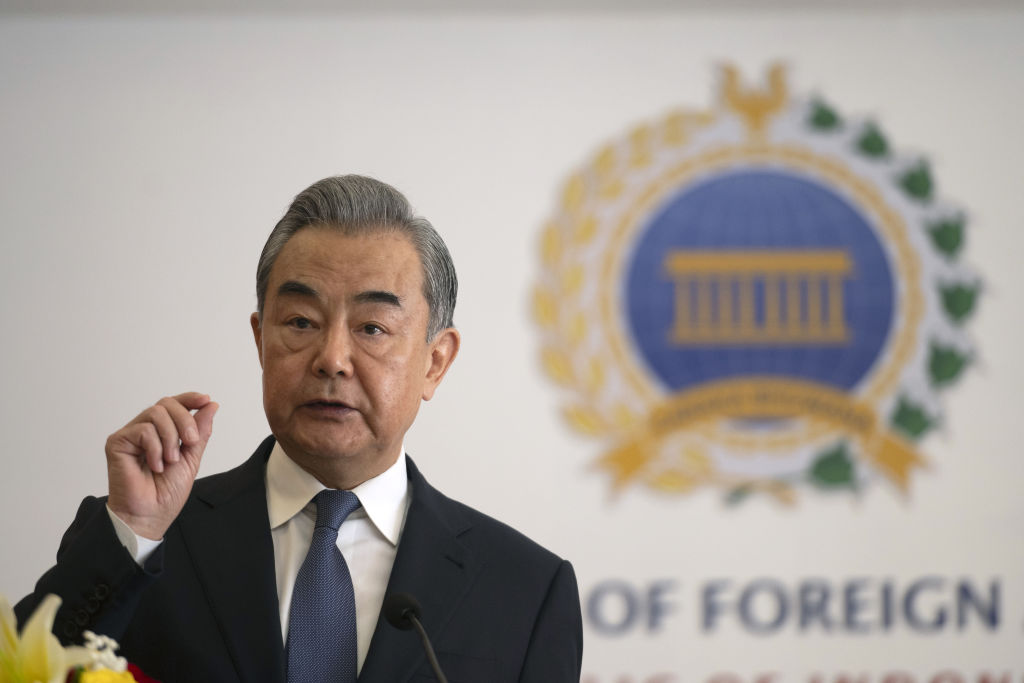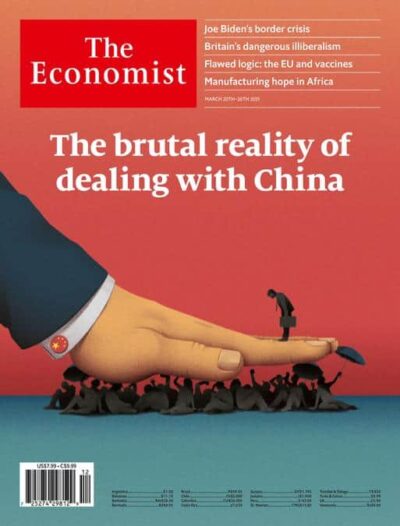

China and Indonesia Call for Immediate and Lasting Ceasefire in Gaza
JAKARTA, Indonesia — The Chinese and Indonesian foreign ministers called for an immediate and lasting cease-fire in Gaza after a meeting in Jakarta on Thursday, condemning the humanitarian costs of the ongoing war that has killed tens of thousands of Palestinians.
Indonesia’s Minister of Foreign Affairs Retno Marsudi told reporters that the two countries share the same view about the importance of a ceasefire and of resolving the Palestinian problem through a two-state solution.
[time-brightcove not-tgx=”true”]
“I am sure that China would use its influence to prevent escalation,” Marsudi said, adding that China and Indonesia “would also fully support Palestine’s membership in the U.N.”
Read More: How China Could Play a Key Role in the Israel-Hamas War—and Why It’s Not
The meeting took place on the second day of a six-day tour during which Chinese Foreign Minister Wang Yi will also visit Papua New Guinea and Cambodia.
Wang blamed the United States for holding up ceasefire resolutions at the U.N.
“The conflict in Gaza has lasted for half a year and caused a rare humanitarian tragedy in the 21st century. The United Nations Security Council responded to the call of the international community and continued to review the resolution draft on the ceasefire in Gaza, but it was repeatedly vetoed by the United States,” Wang told reporters.
The U.S. vetoed a number of proposed Security Council resolutions because they didn’t tie ceasefire directly to the release of Israel hostages or condemn Hamas’ attacks that prompted the war, before allowing a resolution to a pass with an abstention in late March.
American officials have argued that the ceasefire and hostage releases are linked, while Russia, China and many other council members favored unconditional calls for a ceasefire.
Read More: Why Biden Proposed a U.N. Ceasefire Resolution That Was Vetoed by Russia and China
“This time, the U.S. did not dare to stand in opposition to international morality and chose to abstain. However, the U.S. claimed that this resolution was not binding,” Wang said. “In the eyes of the United States, international law seems to be a tool that can be used whenever it finds useful and discarded if it does not want to use it.”
The two ministers also discussed their countries’ economic relationship and the South China Sea.
China is Indonesia’s largest trading partner, with the trade volume reaching more than $127 billion. China is also one of Indonesia’s largest foreign investors, with investment flows of more than $7.4 billion in 2023.
Later Thursday, Wang is also scheduled to meet Indonesian President Joko Widodo and president-elect Prabowo Subianto, who is currently defense minister.
Get the latest work and career updates delivered straight to your inbox by subscribing to our magazine category today. Stay informed and ahead of the game with Subscrb.
The content on this website has been curated from various sources and is for informational purposes only. We do not claim ownership of any of the content posted here, all rights belong to their respective authors. While we make every effort to ensure that the information is accurate and up-to-date, we cannot guarantee its completeness or accuracy. Any opinions or views expressed on this website are solely those of the original authors and do not necessarily represent our own. We do not endorse or take responsibility for the content or actions of external websites or individuals linked from this website. Any reliance on the information provided on this website is done at your own risk. Please note that this article was originally seen on the source website TIME, by the author Edna Tarigan / AP
-
SALE!




Forbes Asia Magazine Subscription
From: RM220 / year -
SALE!


Fortune Magazine Subscription
From: RM118 / year -
OUT OF STOCK




The Economist Magazine Subscription
From: RM1530 / year -


Inc. Magazine Magazine Subscription
From: RM22 / year -


Consumer Reports Magazine Subscription
From: RM22 / year -


Harvard Business Review Magazine Subscription
From: RM83 / month -


Entrepreneur’s Startups Magazine Subscription
From: RM4 / year -


BILLIONAIRE Magazine Subscription
From: RM131 / year



